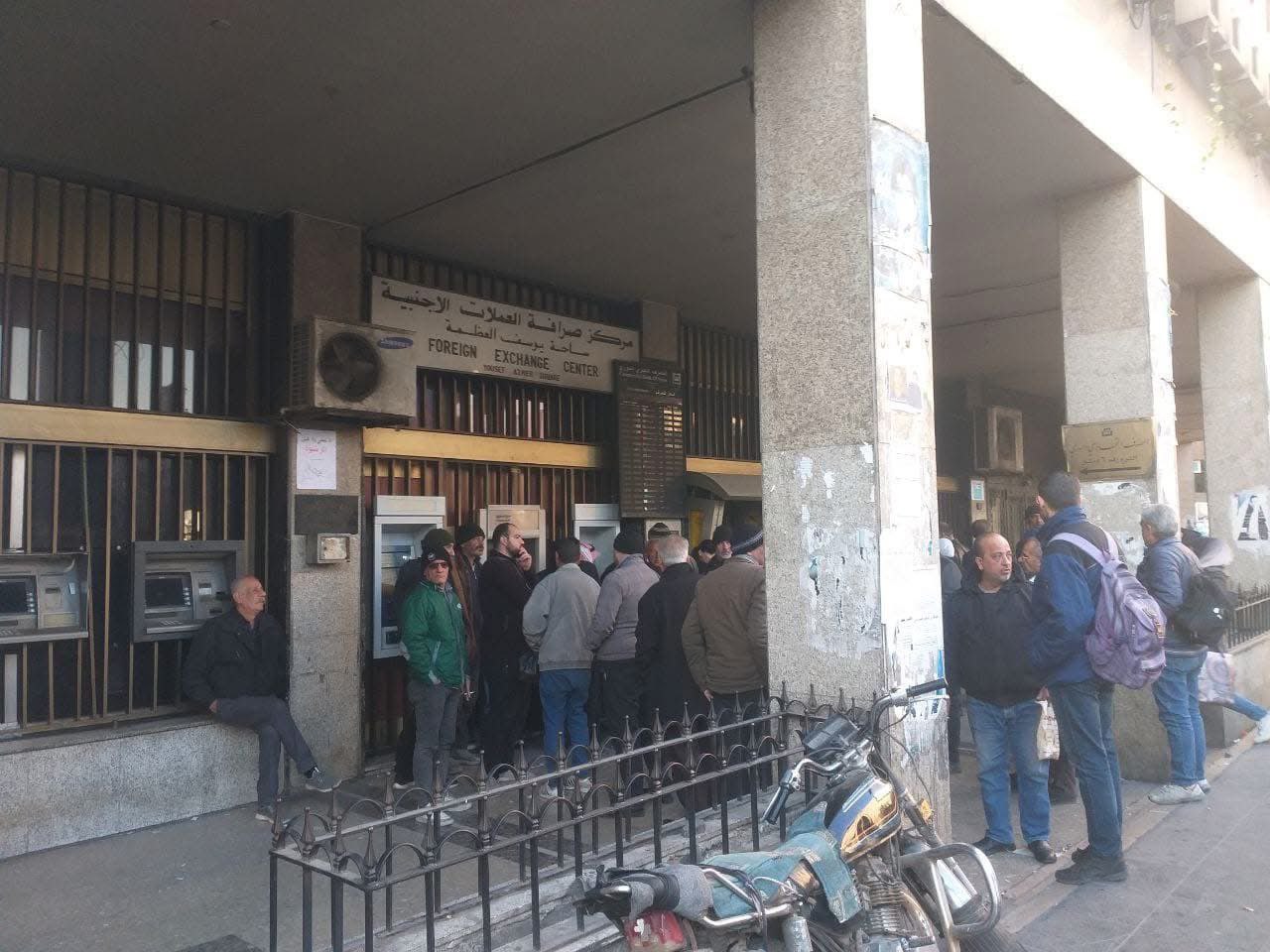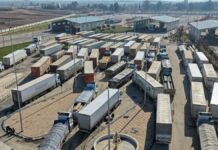
The Syrian Transitional Government (STG) announced key steps to stabilize the economy, including the resumption of ATM operations and the introduction of electronic payment services, marking an important milestone in the country’s recovery efforts following the fall of the Assad regime.
The Central Bank of Syria (CBS) stated Wednesday that these measures aim to enhance cash liquidity management and improve banking services across the country. Banks operating in Syria were instructed to monitor withdrawal operations, including those conducted through ATMs, over the past two days. “The current measures are temporary and will be gradually removed with the goal of achieving integrated banking services that meet customers’ needs,” the bank noted in a statement.
E-Payments & Currency Challenges
The newly introduced electronic payment services are expected to modernize financial transactions in Syria, offering residents a more efficient way to manage funds. However, the nation’s currency, the Syrian pound (SYP), continues to face significant devaluation.
As of Wednesday, the black-market exchange rate for the US dollar stood at 15,000 SYP for selling and 14,000 SYP for purchasing, according to the “Lira Today” website. The CBS’s official exchange rate placed the dollar at 15,075 SYP, reflecting the ongoing volatility in the financial markets.
However, the financial institution reassured Syrians earlier this month that deposits held in operating banks are safe and will remain secure. It also confirmed that all denominations of the SYP remain in circulation, urging compliance with regulations that mandate remittances to beneficiaries in the national currency.
Economic Realities & Gold Reserves
Despite these efforts, CBS’ foreign exchange reserves remain critically low. Syrian caretaker Prime Minister Muhammad al-Bashir previously described the Central Bank’s vaults as containing only SYP banknotes “without assets.” Reports indicate that the bank’s US dollar reserves have dwindled to approximately $200 million, according to sources cited by Reuters. In contrast, CBS gold reserves remain unchanged at 26 tons – an amount consistent with levels prior to the outbreak of the Syrian revolution in 2011.
Economic Reform
The STG has pledged to implement broad economic reforms aimed at improving living conditions and rebuilding infrastructure. PM al-Bashir underscored the challenges of revitalizing the economy after years of mismanagement under the Assad regime, stating that the government is actively collecting data on loans and bonds to assess the country’s financial position.
Commander of the Command of Military Operations (CMO), Ahmad al-Sharaa, reaffirmed the government’s commitment to sweeping economic changes during a media briefing. These efforts include restoring basic services, modernizing financial systems, and addressing the critical shortage of foreign reserves.
While the resumption of banking operations and the introduction of electronic payments represent significant progress, Syria’s economic recovery remains fraught with challenges. Sustained reforms and international support will be crucial as the country works to stabilize its currency, rebuild infrastructure, and restore public confidence in its financial institutions.








